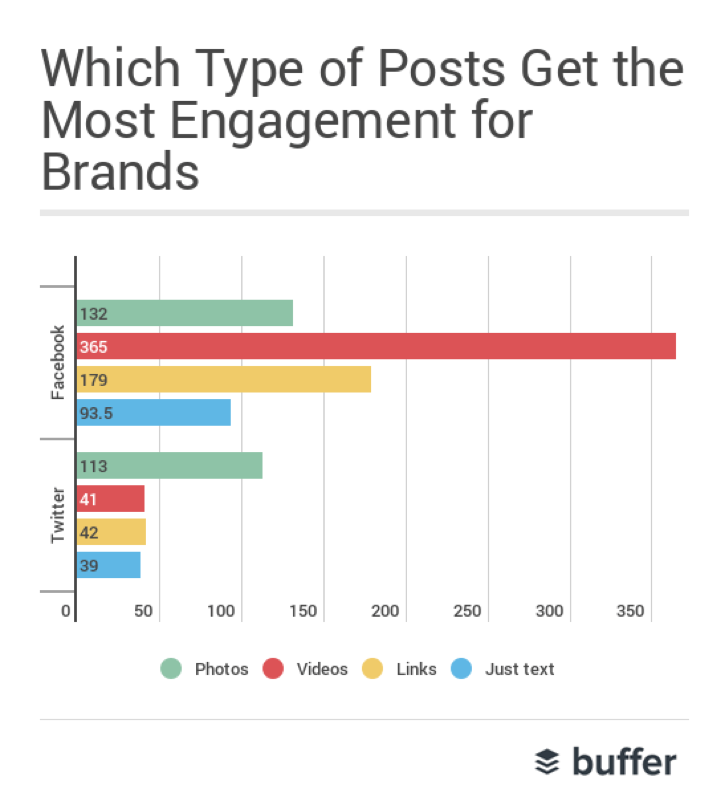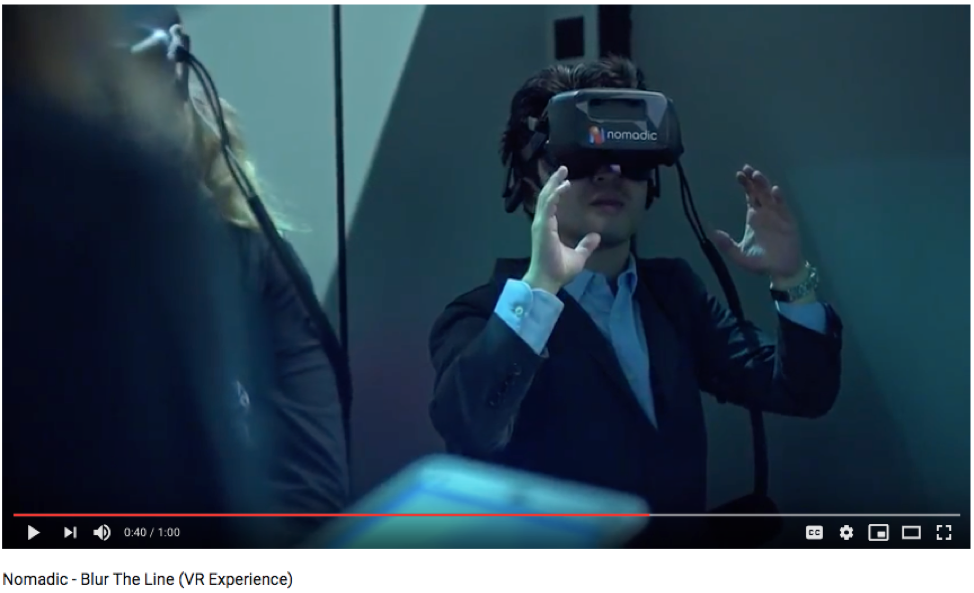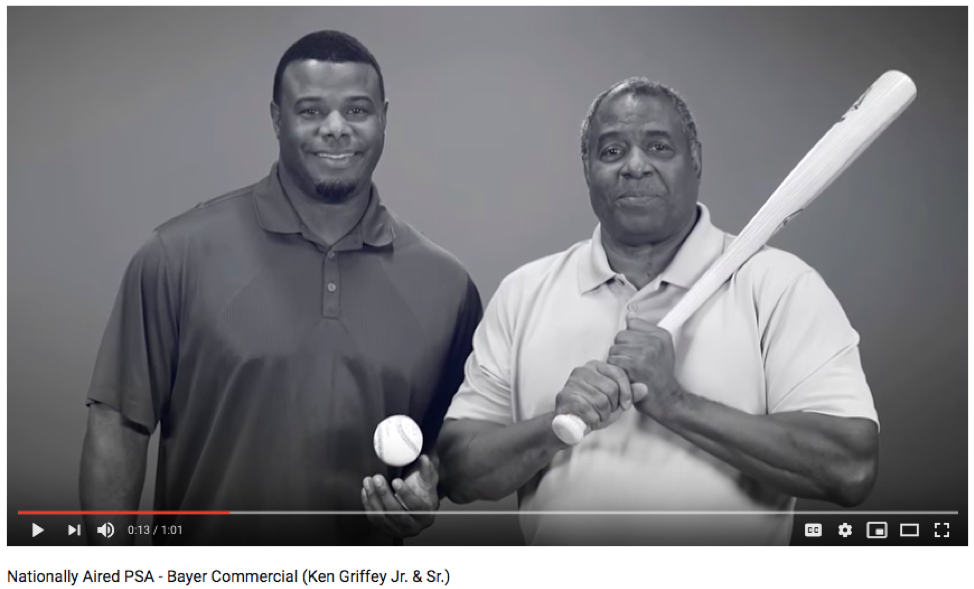

Updated January 3, 2025
Videos typically receive the most engagement across social media channels compared to other types of content and can enable businesses to reach a wider audience and show different sides of their brand.
500 million hours of videos are consumed every day on YouTube alone. Add this to the additional millions of hours being consumed across other platforms – Facebook, Twitter, Instagram, and Snapchat – and brands have the opportunity to reach a virtually unlimited audience.
A recent study shows that social media videos yield 1200% more shares than other types of content, such as images and text.
Looking for a Digital Marketing agency?
Compare our list of top Digital Marketing companies near you
This statistic means that social media videos wield great power that brands can use to increase engagement.
Although other types of content are still viable marketing tools, dynamic social media videos are one of the best ways to increase reach.
People are more likely to engage with your video if its content and style evoke a sense of empathy. Your video should speak to a need that they have and offer a solution to a problem that they can relate to.
If your video doesn’t echo the personal experiences or the desires of your audience, you won’t get the level of engagement that will drive them to take action or make a purchasing decision. The last thing you want is your audience thinking that your brand doesn’t represent them.
Nomadic, a Virtual Reality Startup, produced a video to highlight personal interviews with participants directly after they went through Nomadic’s immersive VR experience.

People described the experience as "realistic," "an adrenaline-rush," and "epic," all of which will appeal to those curious about VR experiences.
Nomadic’s use of personal experiences in its video helps viewers relate to the services Nomadic offers and makes them want to experience it for themselves.
Before creating a social media video, you should have a keen understanding of your target demographics, and you should ensure that every element of the video is carefully engineered to cater to their interests and values.
Every detail about the video (including the language used in the video, who appears in the video, and how the video is shot and edited) should be selected based on its ability to appeal to your target audience.
For example, Bayer wanted to create a commercial that educated men on a sensitive men’s health issue.
They decided to film celebrity baseball players Ken Griffith Jr. and Sr. openly talking about the importance of talking about the signs and symptoms of prostate cancer.

By using athletes typically viewed as ‘masculine,’ Bayer was able to break through the stigma of prostate cancer and begin encouraging men to speak up about its signs and symptoms.
When working with video production companies, businesses should think about the message they want to deliver and what their audience will respond to.
With millions of videos competing for viewers’ attention on the various social media platforms, videos need to be well-produced. Marketing research indicates that in most cases, video engagement starts declining after the 2-minute mark, and it drops below 50% past the 12-minute mark.
The first few seconds of your video are crucial because they should pique the interest of your audience.
The video should be as brief as possible while still delivering an impactful message. If you feel that a bit of depth is necessary to convey your message, it’s okay to make a longer video, as long as the most important information is contained within the first few minutes.
Most social media platforms, including Twitter, Facebook, and Instagram, mute their videos by default and only play the audio if the user clicks on the video or manually adjusts the volume.
This creates a problem for video marketers because social media platforms tally view counts regardless of whether the video was played on auto-mute or the sound was turned up.

By using attention-grabbing text captions, you can inform viewers what your video is about and help them decide whether to watch it or not.
Because marketing videos is a competitive market, you need to make sure your video has an edge, while staying consistent with your brand.
You can use a number of tools and techniques to add flavor to your video or to trigger a strong emotional reaction in your viewers.
You can make use of great writing to add emotional intensity to your content, add a dramatic flair (as long as it’s not over the top), or use the type of humor your audience appreciates.
If you are working with professional video production companies, they can give your video an edge by adding soundtracks, or by creatively using colors, camera angles, and graphics to convey certain emotional tones.
For example, this professional boxing promotional video uses upbeat music, frequent scene changes, and clips of matches to give it a high-energy tone that appeals to its target audience.

Through music, frequent clip changes, and storytelling, this video shows the hard work and skill it takes to become a boxing champion, capturing the emotional tones of victory and defeat that appeal to boxing enthusiasts.
The standard practice among video marketers in the past has been to include a call-to-action at the end of the video. However, with social media videos, people’s attention spans tend to be shorter and a significant portion of your audience may leave before they get to the end of your video. 
You need to drive your CTA throughout the video so that viewers (including those who leave halfway) can get a picture of what action you want them to take, whether it’s to go to your website or browse a specific topic.
There is a growing demand for video content by consumers.
By taking advantage of the opportunity videos present, businesses can expand their reach on social media and increase their brand's visibility.
 Alex Cascio is the founder of Vibrant Media Productions and is passionate about helping businesses succeed through producing visually stunning imagery that tells their unique stories. He has produced various video content for organizations such as Microsoft, National Geographic, LYFT, Mariott, and American Express.
Alex Cascio is the founder of Vibrant Media Productions and is passionate about helping businesses succeed through producing visually stunning imagery that tells their unique stories. He has produced various video content for organizations such as Microsoft, National Geographic, LYFT, Mariott, and American Express.


